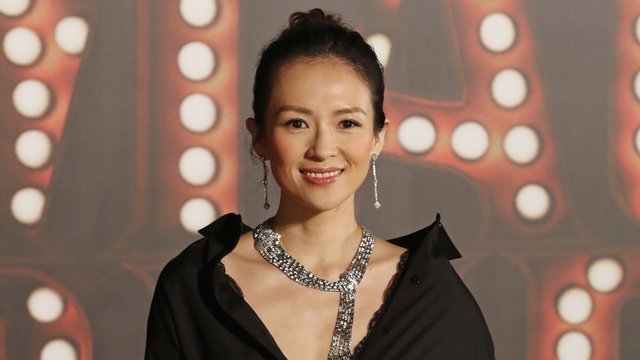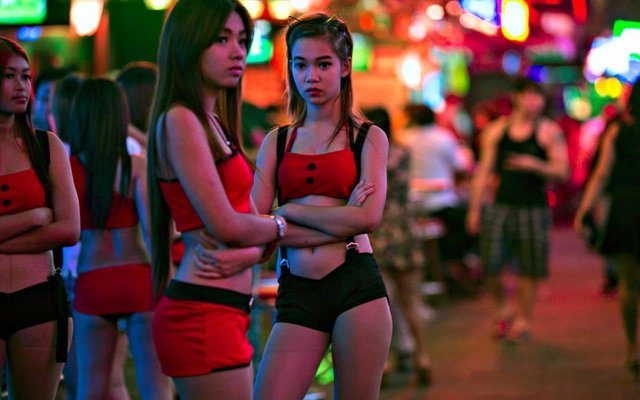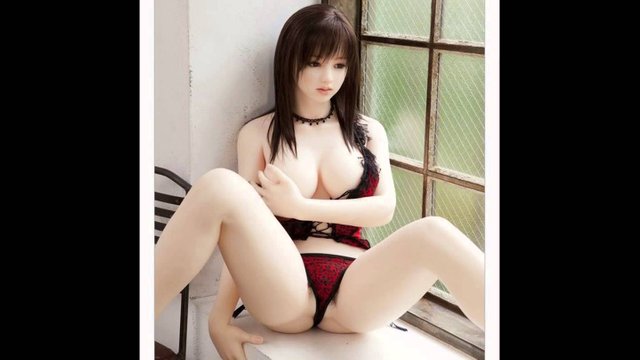Asian Film Business Likely to Keep Sex Violence Problems Under Wraps

Sexual harassment and assault are not limited to Hollywood. Rumors and vague accounts of aspiring actresses being preyed upon have circulated in Asian showbiz for years. But it is highly unlikely that Asian actresses will come forward in the way that their Western counterparts have done following the explosion of the Harvey Weinstein scandal.
Asia’s relatively conservative attitude towards sex, the fear of consequences that could jeopardize the lives of their families as well as careers, and public judgment are reasons that stop abuse victims in the Asian entertainment business from coming forward, industry insiders say.
Candice Yu, executive secretary of Hong Kong Performing Artistes’ Guild, said that her organization has not received such complaints since she took over the position two years ago. But she does not deny such situations exist.
“People are much more reserved and conservative here in China or Asia. People are afraid of the consequences, such as losing their career,” Yu said. She said coming forward to reveal the truth about sexual assault was never easy for anyone, let alone those living in the limelight. “Many of the allegations against Harvey Weinstein referred to events that happened many years ago. But if our members seek help from us, we will definitely support them,” Yu said.
One insider who spoke on condition of anonymity said there had been instances involving men masquerading as film or music executives and making sexual advances towards aspiring actresses. “They pretend to offer these girls a movie or record deal opportunity, if these girls could ‘return favor.’ But these girls will not come forward, because they would put themselves in the spotlight, be judged by netizens, and considered as gold-diggers,” said one producer who asked not to be named.
Public sex scandals are unusual in Asia, but not unheard of. Action star Jackie Chan made news headlines in 1999 when a former Miss Asia, Elaine Ng, was found to be pregnant with his child. Chan belatedly acknowledged the affair, but has maintained arm’s-length relations with Ng and their daughter.
In 2012, Chinese actress Zhang Ziyi was accused by U.S.-based dissident website Boxun.com of having sex with top Chinese officials, including the disgraced politician Bo Xilai. She sued for libel and settled out of court in 2013 after the site retracted its story.
In Korea, where the Busan Film Festival opened Thursday, an unnamed actress this year accused leading indie director Kim Ki-duk of physical and verbal abuse during the filming of his 2013 movie “Moebius.” Through the Federation of Korean Movie Workers’ Union, she said that the director forced her to take part in an unscripted, violent sex scene. She withdrew from the film and was replaced. Kim denies the accusations and said that he was providing her with acting coaching on the first day of production. The case is currently with prosecutors.
In India, where rape and other violence against women has become a major social issue in recent years, there are multiple examples of sexual misconduct in show business. But the industry has barely tackled the issue.
Mahmood Farooqui, co-director of India’s 2011 foreign-language Oscar contender, “Peepli (Live),” was arrested by Delhi police in June 2015 on charges of raping an American woman. He was sentenced to seven years in prison in August 2016, but acquitted and released in September 2017. The appeals court judge said: “Instances of woman (sic) behavior are not unknown that a feeble no may mean a yes.”
In July 2017, Kerala state police arrested popular Malayalam-language cinema actor Dileep on charges of kidnapping and attempting to rape an actress. He was granted bail this month, a week after his film “Ramaleela” opened in theaters. The film is now on its way to becoming a smash hit.
